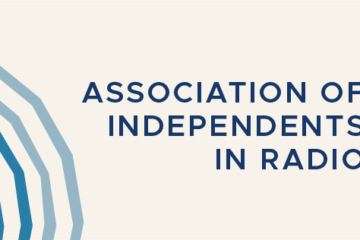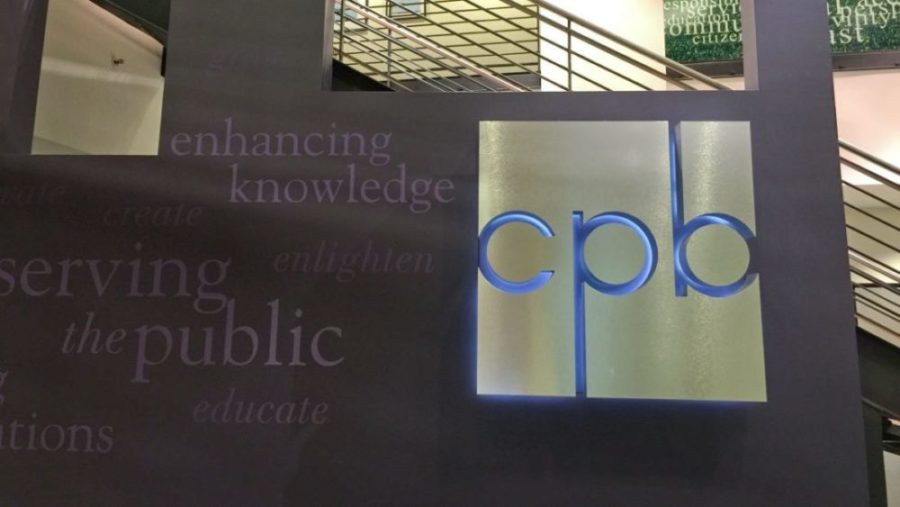‘Tell them Newt asked you to help’
Fundraising pitches by House Speaker Newt Gingrich drew unprecedented media coverage and helped to boost March pledge receipts at WPBA, Atlanta, home-town public TV station for the powerful Georgia Republican who has vowed to end federal aid for public broadcasting.
Gingrich taped a series of spots urging national and local viewers to “open your wallets” and support public television. “Tell them Newt Gingrich asked you to help make sure that PBS stays on the air and Channel 30 stays strong because more than ever it’s going to need our support as individuals to make sure it has the funding it needs,” the congressman said in a self-scripted 45-second message for Atlanta viewers.
Late last week, only a handful of stations elsewhere had begun to use national versions of the spots in their on-air campaigns. WCET, Cincinnati, reported that viewers had responded negatively to its use of the pitch.
For WPBA, however, the Speaker’s plug and the resulting media attention helped to raise pledge receipts beyond projections. Audience response doubled when the station began airing the spots on March 4, according to spokesman Eric Weston. WPBA revised its original fundraising goal of $75,000 for the 13-night pledge drive up to $100,000. “We’re expecting to go way past that,” Weston said. With three more nights left in the drive last week, the station had tallied $84,000.
Operated by the Atlanta Public Schools, WPBA’s signal is overlapped by WGTV, Georgia PTV’s flagship station. Federal funding makes up 22 percent of WPBA’s budget, according to Weston, making it “very vulnerable” to cuts in Congress’s annual contribution for public broadcasting.
“What [Gingrich] is saying about federal funding, we totally disagree with, but we agree wholeheartedly that if you watch public television, you must support it,” Weston added. “We see the spots as an opportunity to appeal to people who might not otherwise pledge and an opportunity to talk to those people about why federal funding is important.”
The Speaker’s on-air pitch generated a flurry of local and national press coverage. The Atlanta Journal-Constitution ran the full text of Gingrich’s statement along with a story in which he challenged “all the rich people who think public broadcasting is important” to match his annual pledge of $2,000 for the next five years. CBS, CNN, ABC reported on the spots, and on March 9 USA Today described Gingrich’s pitch in an editorial on the importance of viewer and listener support for public broadcasting.
Despite the media blitz, public TV stations expressed little interest in airing the spots, so PBS declined to distribute them nationally, according to Stu Kantor, spokesman. WPBA instead fed the spots with its own satellite time on March 10.
In Cincinnati, WCET plugged the Speaker’s pitch into its local drive on March 12, but with disappointing results. “We thought it was important to give it a try,” said Scott Elliott, development v.p. “We thought it might speak to some people who had previously been unwilling to give to the station. It didn’t.”
Of the dozen Cincinnati viewers responding to the spots when they aired, most called to object that the station aired them, Elliott said. “They felt it was inappropriate to have the Speaker voicing his support for public broadcasting when he had obviously not been acting on those same lines.”
One viewer who called days later said it was “hypocritical of us to use the Speaker” for on-air pitches, Elliott recalled.
At least two stations–WTVI, Charlotte, N.C., and WKPC, Louisville–were making plans to fit the messages into their pledge breaks at Current‘s deadline last week.
The Speaker’s central message about public television’s increased need for viewer support during an era of federal belt-tightening is “consistent with what we’ve been talking about,” said Charlie Caldwell, marketing v.p. for WTVI.
But most stations chose not to air them at all. “The bottom line … for any kind of spot for pledge is, ‘Do we think it’s going to help us raise money?,” said Peter Myers, v.p. of communications for KTCA, Twin Cities. “We did think that, over the long term, it might raise questions in people’s minds about why we put in on, since he is widely known for advocating total defunding of public broadcasting.”
As for the Speaker’s offer to contribute heftily to public TV, the check is by no means in the mail. “It’s something he has proposed doing and is willing to do if can get CPB to work with him on it,” said Allan Lipsett, spokesman. Gingrich is awaiting “anyone from CPB to talk to him about this whole concept of continued public support” before he will become a public TV donor.





